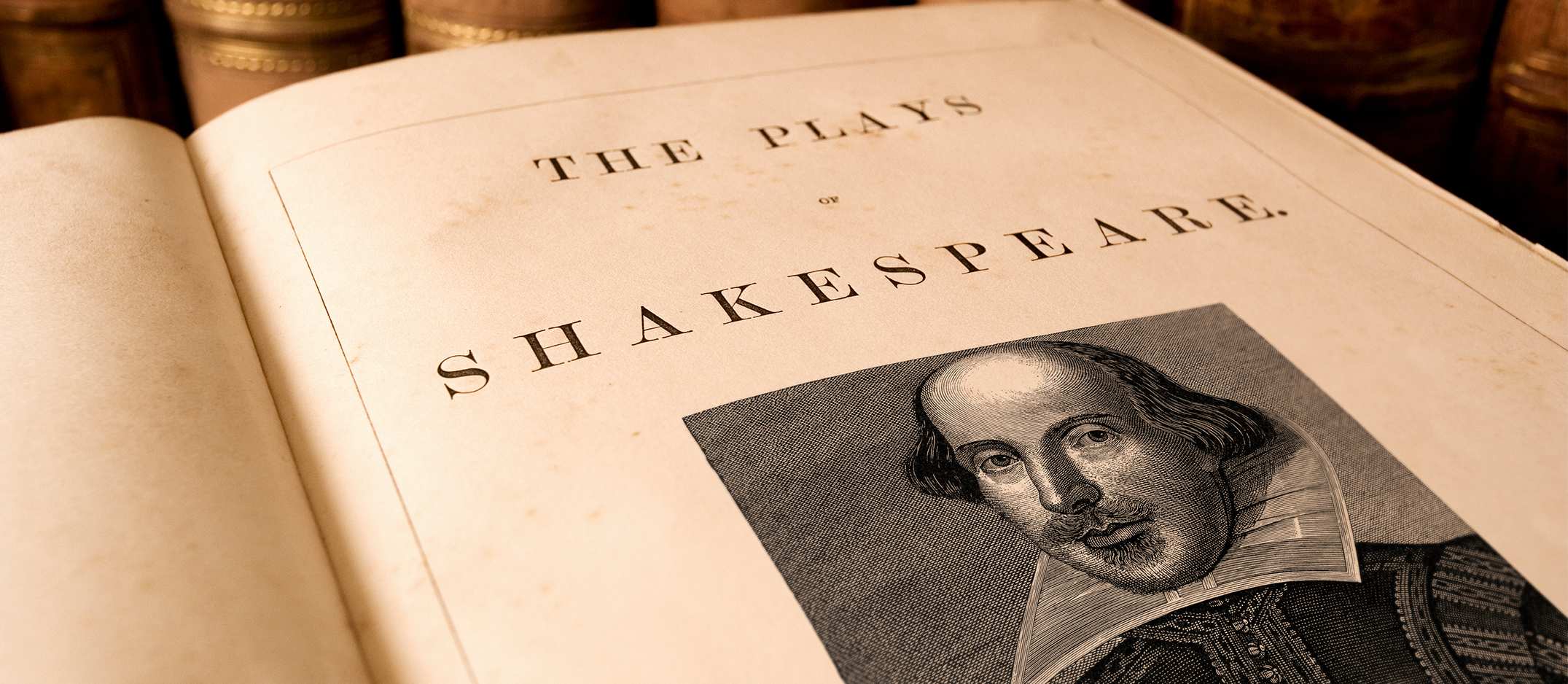ENGLISH LITERATURE
A level English Literature will allow you to discover a whole new world of literature and writing.
You will develop a wide range of skills including reading for meaning, critical thinking and analytical writing. It builds on GCSE with analysis of the ways writers shape meaning through form, structure and language choices, plus focuses on developing greater understanding of literary genres and critical theories such as Marxism and Feminism.
Sounds like the subject for you? Scroll down to find out more...

More about the course
What will I study
In Year 1, you will study four texts: two of these will be the novels, Jane Eyre by Charlotte Bronte and The Remains of the Day by Kazuo Ishiguro, two very different texts from differing time periods. You will study one play and this will be the American modern tragedy, A Streetcar Named Desire by Tennessee Williams. You will also study a collection of poetry called Meantime, by Carol Ann Duffy.
In Year 2, you will study a further set of texts, including a Shakespeare play, either Hamlet or The Tempest, a further play, The Duchess of Malfi by John Webster and a collection of poetry by Philip Larkin. Alongside this, you will be introduced to the skill of unseen poetry and prose extract analysis. Also in Year 2, you will undertake a personal investigation into two novels in order to produce the non-exam assessment unit for the course. At the end of your two years with us, you will sit three exams on the set texts and a selection of unseen texts.
English Literature at KGV is a highly successful course with texts chosen to maximise enjoyment for all our students. English Literature AS level is examined at the end of Year 1 via exams. At the end of Year 2, the A-Level is assessed by a combination of exams (80%) and the Non-Examination Assessment (20%).
Why choose English Literature at KGV
English Literature at KGV will allow you to experience a plethora of literary texts in an in-depth way. The set texts have been chosen by the teachers to offer a diverse learning experience, which helps students to develop their knowledge of a range of genres from a broad period of time; from Shakespeare to Carol Ann Duffy. As part of the study of English Literature we interpret texts from a range of perspectives such as Marxist, Feminist and Psychoanalytical. All of which helps students to develop valuable critical and analytical skills, as well as a comprehensive knowledge od some of the most prominent writers and genres in English Literature.
Students who study English Literature at KGV have gone on to study a wide range of courses at university, such as English at Oxford, Law at Liverpool and Classical Studies at St Andrews. A-Level English Literature could help you progress to a variety of careers, including Publisher, Magazine or Newspaper Editor or Creative Writer.
We enrich the course by organising visits to the theatre so you are able to see live performances of the set texts you study, truly bringing them to life. English Literature works well with a wide variety of subjects including Modern History, Sociology and Film Studies.
Entry Requirements
Standard
5 GCSEs at grades 9 - 5 and or including, English Language and Maths at grade 4 or above.
Course specific
You will need a grade 5 or above in both GCSE English Language and GCSE English Literature .
Preparing for this course
Reading this Guardian article and highlighting the key ideas about the love genre summarised in it is a great introduction.
Knowledge of literary terminology is very important in A Level English Literature in order for students to explore how ideas and meaning are shaped by the writers of the texts studied. So recording those you know in a notebook, please revisit and revise key terms in preparation for starting your course.
Here are some terms to get you started:
- Metaphor
- Pathetic Fallacy
- Symbolism
- Imagery
- Rhyme scheme
- Stanza
- Sonnet
- Iambic Pentameter
- 1st person narrator
- Soliloquy